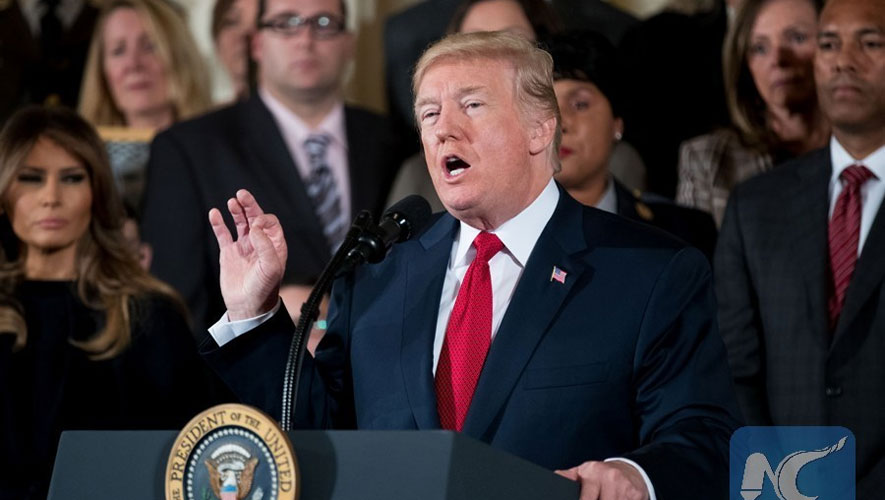Cambodia’s e-wallet market is being shaped by over 20 players competing with one another to gain market share which is far from becoming crowded.
For the latest Cambodian Business news, visit Khmer Times Business
Compared to its Asean counterparts where Malaysia and Singapore together have over 80 e-wallet app providers, the market needs more players to create a feasible environment.
“Having said that, I feel in 2020 or 2021, the market could consolidate,” says Pi Pay chief executive officer and founder Tomas Pokorny.
Operating from the second half of 2017, Pi Pay is among the pioneers to enter the mobile payment market. Two years on, he believes there is still a long way to go. “We have seen fast growth in urban areas and among the younger population,” he says.
As e-wallet adoption increases, investors are starting to show interest.
“A company like ours is only able to penetrate the part of the population that has smartphones and bank accounts.
“When you delve further into the Cambodian economy, you notice a lot of cities are not ready to be penetrated due to slow digitalisation, and they are still cash dominant,” he added. As such, Pi Pay remains a peer-to-peer cash remittance company.
Pokorny explains that presently e-wallet providers are only be able to tap into 10 percent of the population.
But in the long term, companies will not be able to survive just by functioning within that 10 percent bubble. When that happens, only two or three companies will be able to sustain.
“But that can only happen if providers are able to cover all of Cambodia and not just selected areas,” he says.
The biggest battle ahead for mobile payment service providers would be to solve the fundamental problems.
While cities such as Phnom Penh, Siem Reap and Sihanouville are seeing an increasing trend of e-wallet adoption, residents in other provinces are very much convinced of the importance of using cash for their day-to-day transaction. However, there are difficulties convincing people in rural areas, says Pokorny.
Based on his observation, most people sign up for e-wallet apps to reap the benefits but it is also important to practice social responsibility.
He stresses the need for dialogues over the expansion of digital economy to provide a financial safety net for future generation. Educating residents in provinces is also beneficial because it bridges the gap between them and family members who live in the city.
It is common to see city dwellers sending money to their families back in the province. Here is where e-wallet applications provide the answer for speedy and safe transactions.
Some e-wallet service providers including Pi Pay collaborate with banks to facilitate fund transfers among users, reducing the risk of high interest rates imposed by loan sharks and pawn shops.
With merchant partners in some 5,000 locations with monthly increases of 300 locations, Pi Pay’s 250,000 users enjoy a stream of payment choices provided by the e-wallet. About 60 percent of its users’ expenditure is on food and beverage, 30 percent of them spend on utilities, electronics and services while the remaining 10 percent use it for specialised services.
Cambodia’s rising middle class has paved the path for the cashless effect to take place faster than ever.
“Our largest app users are those below the age of 25, followed by people aged 25 to 30, and those older than 50. They are mostly young entrepreneurs, students and those who work in the tech field.
“We are in a digital era which is a perfect stage for e-wallet players. However, that does not mean we are there yet,” says Pokorny.
It could take two to three years to digitalise cities like Phnom Penh and Sihanoukville, and perhaps another seven years for provinces to embrace the digital lifestyle.
He hopes the government would introduce a policy that requires the usage of e-wallets for transactions above five dollars.
“That would definitely speed up the growth of e-wallet apps,” he says.




